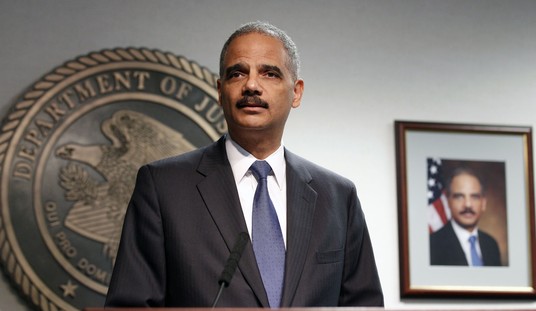Robert Kagan argues that nations in the 21st century have to earn sovereignty, and that Pakistan has failed to do so. In the wake of the attacks in Mumbai and their years-long recalcitrance to act against radical Islamist terrorists in their country, Kagan says that the UN should set itself as an arbiter of national sovereignty. Does anyone else see the dangers of this plan?
Rather than simply begging the Indians to show restraint, a better option could be to internationalize the response. Have the international community declare that parts of Pakistan have become ungovernable and a menace to international security. Establish an international force to work with the Pakistanis to root out terrorist camps in Kashmir as well as in the tribal areas. This would have the advantage of preventing a direct military confrontation between India and Pakistan. It might also save face for the Pakistani government, since the international community would be helping the central government reestablish its authority in areas where it has lost it. But whether or not Islamabad is happy, don’t the international community and the United States, at the end of the day, have some obligation to demonstrate to the Indian people that we take attacks on them as seriously as we take attacks on ourselves?
Would such an action violate Pakistan’s sovereignty? Yes, but nations should not be able to claim sovereign rights when they cannot control territory from which terrorist attacks are launched. If there is such a thing as a “responsibility to protect,” which justifies international intervention to prevent humanitarian catastrophe either caused or allowed by a nation’s government, there must also be a responsibility to protect one’s neighbors from attacks from one’s own territory, even when the attacks are carried out by “non-state actors.”
In Pakistan’s case, the continuing complicity of the military and intelligence services with terrorist groups pretty much shreds any claim to sovereign protection. The Bush administration has tried for years to work with both the military and the civilian government, providing billions of dollars in aid and advanced weaponry. But as my Carnegie Endowment colleague Ashley Tellis has noted, the strategy hasn’t shown much success. After Mumbai, it has to be judged a failure. Until now, the military and intelligence services have remained more interested in wielding influence in Afghanistan through the Taliban and fighting India in Kashmir through terrorist groups than in cracking down. Perhaps they need a further incentive — such as the prospect of seeing parts of their country placed in an international receivership.
This stands the Bush doctrine (the real one) on its head. After the 9/11 attacks, we made it clear that government harboring terrorists on their soil shared responsibility for the actions of those terrorists because they have sovereignty over their own territory. The US would consider such attacks an act of war and would respond accordingly — which gave nations a lot more incentive to exercise that sovereignty.
We used that doctrine as the underlying reason for our invasion of Afghanistan and dislodged the Taliban government that had provided an explicitly friendly home for al-Qaeda. Unfortunately, we have retreated from that position, mostly because of Pakistan and its nuclear arsenal. Instead of holding Pakistan responsible for the actions of the terrorists it either cannot or will not eliminate, we’re mostly letting them off the hook for it — and for some very solid reasons, once again looking at the nuclear arsenal in Pakistan’s possession.
Kagan’s proposal would therefore make some sense, but it would set a very dangerous precedent. Under what other circumstances might the UN decide to suspend sovereignty? The most obvious target on the list would be Israel. Samantha Power suggested almost the exact same kind of mechanism in her proposal to occupy Israel on behalf of the allegedly oppressed Palestinians. I’m certain that the busybodies at the UN would find other regions in which to declare national sovereignty a dead issue, including Georgia and Ukraine, if Russia had its way.
Putting the test for sovereignty into the hands of the UN would make it a de facto world government. Nations need to tend to their own sovereignty. That means that Pakistan has to suffer the consequences of failing to secure its own territory, but that doesn’t require the UN to make that determination. Given the UN’s propensity for inaction, it’s probably the least effective path anyway.








Join the conversation as a VIP Member